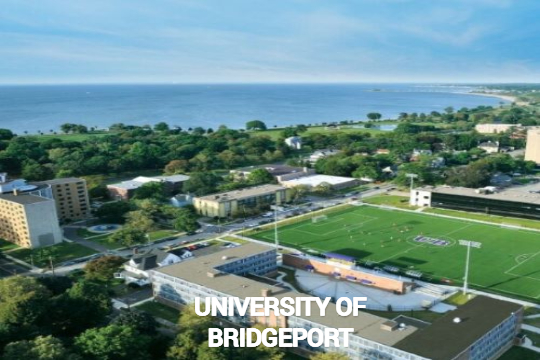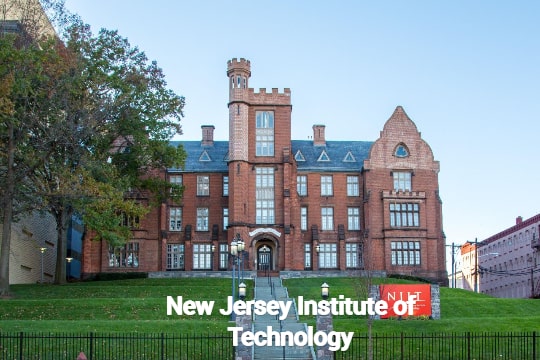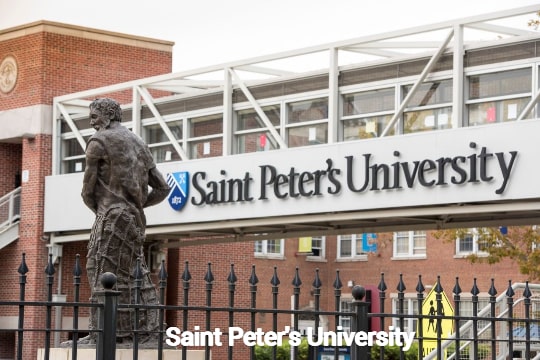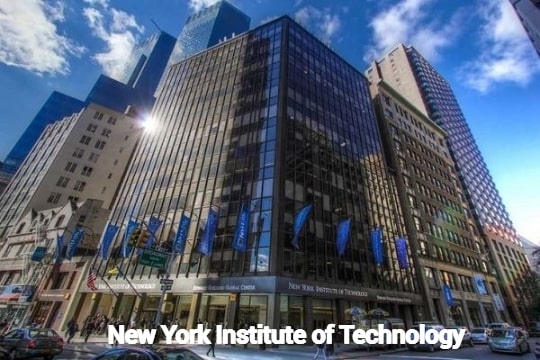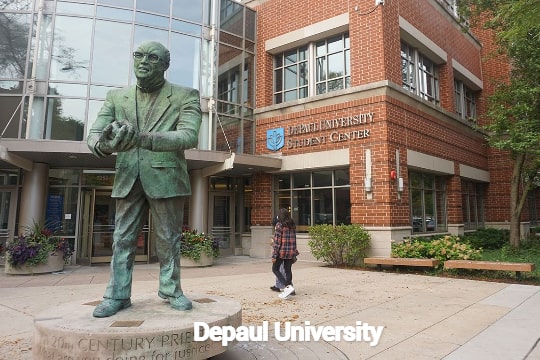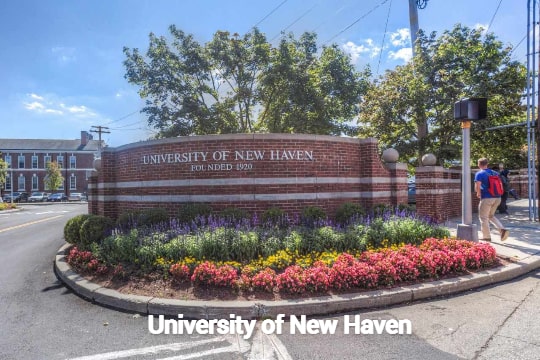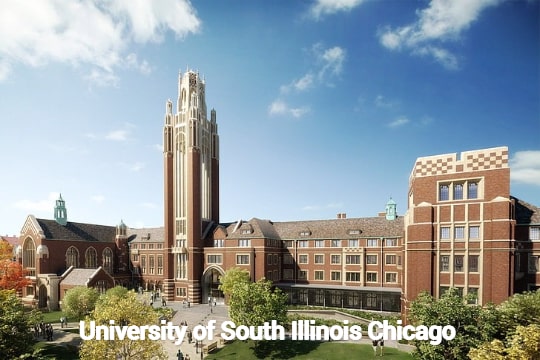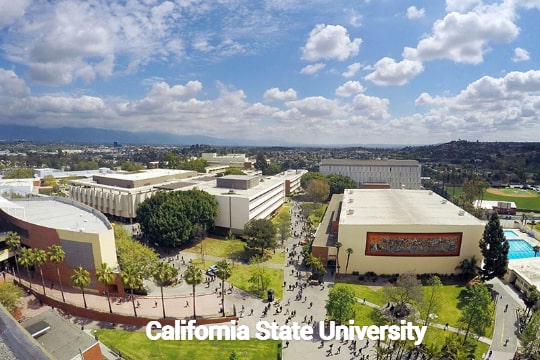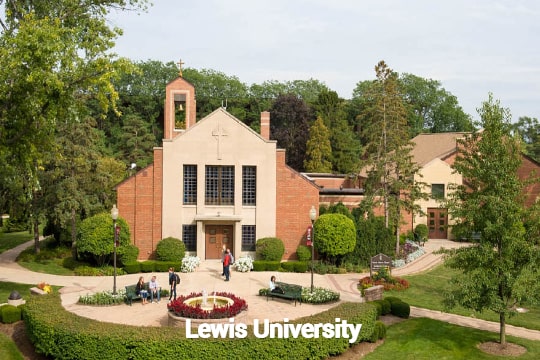Welcome to Maven Consultancy Services
The best thing about studying in NZ is that the expenses involved are comparatively less than the other major destinations viz. USA, UK, Canada or Australia. In fact it is almost 50% less than that of USA and UK. Coupled with the lesser costs and International recognition of its qualification, NZ essentially offers “Best of Both Worlds” qualifications. Kiwi Life- even though the country might be small the people think big. The people popularly known as Kiwi’s are renowned for their hospitality and their love for sports and the outdoors.
University education was established in New Zealand in 1870 and has a similar tradition to the British university system. There are eight state-funded universities in New Zealand, all of them internationally respected for their academic and research performance. In addition to a centrally co-ordinated system of quality assurance audits at both institution and program level, each university undertakes internal quality checks. All New Zealand universities offer a broad range of subjects in Arts, Commerce and Science. Each has developed its own specialist subjects such as Medicine, Engineering, Veterinary Science, Computer Studies, Agriculture and Environmental Studies, Sports-Science, Biotechnology, Architecture etc. Bachelors, Masters and Doctoral degrees are offered by all New Zealand universities. A range of under graduate and postgraduate diplomas is also available, along with honors programs (usually requiring an additional year of study).
New Zealand Polytechnics, and Institutes of Technology, are state funded and provide education and training at all levels ranging from introductory studies through to full degree programs. A few of them offer PG programs as well. Polytechnics and Institutes of Technology are efficient tertiary providers offering programs which can be both academically and vocationally focused. Due to their active engagement with industry, employers and government agencies they provide programs which are of a high academic standard and are relevant to the rapidly changing workforce on a global basis. Polytechnics offer diverse courses like Arts and Design, Travel & Tourism, Hospitality etc.
In 1989, amendments to the Education Act in New Zealand enabled the private tertiary sector to award degrees through the New Zealand Qualifications Authority (NZQA). The key to the legitimacy of the private degree providers is their relationship with the NZQA which has responsibility for course accreditation. The mission of the private degree providers is to provide a quality service to their students and a range of skills of value in the work environment.
Private training establishments are registered and their courses approved by NZQA. Institutions and schools in this sector provide a range of courses including English language, aviation flight training, air traffic control, English, business computing, dance, design and arts, religious studies, travel and tourism and training for the hospitality industry.
The academic year is from mid / late February to early November and most Universities have 2 semesters with a holiday of 4 weeks in June. Each University operates slightly different dates and some also offer summer school in the main holiday period in November to February. Intakes are in February, July and sometimes in September.
All students must be fluent in English language if they are to succeed at university in New Zealand. There are many courses available at public and private institutions in New Zealand and elsewhere to assist international students reach the required level of English language competence. We can recommend waiver of IELTS / TOEFL wherever possible. A band of 6.0/6.5 for undergraduate & 6.5 / 7.5 for postgraduate courses is desirable.
Documents needed for making an application are resume, statement of purpose, mark sheets & certificates of X, XII, till Graduation or relevant degree transcripts in specific cases, Certificates of extra-curricular activities and passport copy, birth certificate & 2 reference letters from colleges & employers.
The academic year is from mid / late February to early November and most Universities have 2 semesters with a holiday of 4 weeks in June. Each University operates slightly different dates and some also offer summer school in the main holiday period in November to February. Intakes are in February, July and sometimes in September.
No personal Interview is required in Mumbai, unless there are some really unusual circumstances. Mostly, this is done over the telephone. And when you receive a call should you be busy at that time, you can always get back to them when the time is more appropriate to you.
Part-time Work (while you study): Students can work up to 20hrs/week (like most other countries) during study period. They can work full-time i.e 40hrs/week during vacations (visibly mentioned on the student visa too). Minimum wage is NZ $ 12 per hour, one can considerably bring down their living expense. Job Search Visa (guaranteed): After successful completion of your course, you will automatically get a 12 months “Works Permit” – in most cases this will be done at your institution. If you are seeking Permanent Residency, then a job relevant to your course is strongly recommended.
